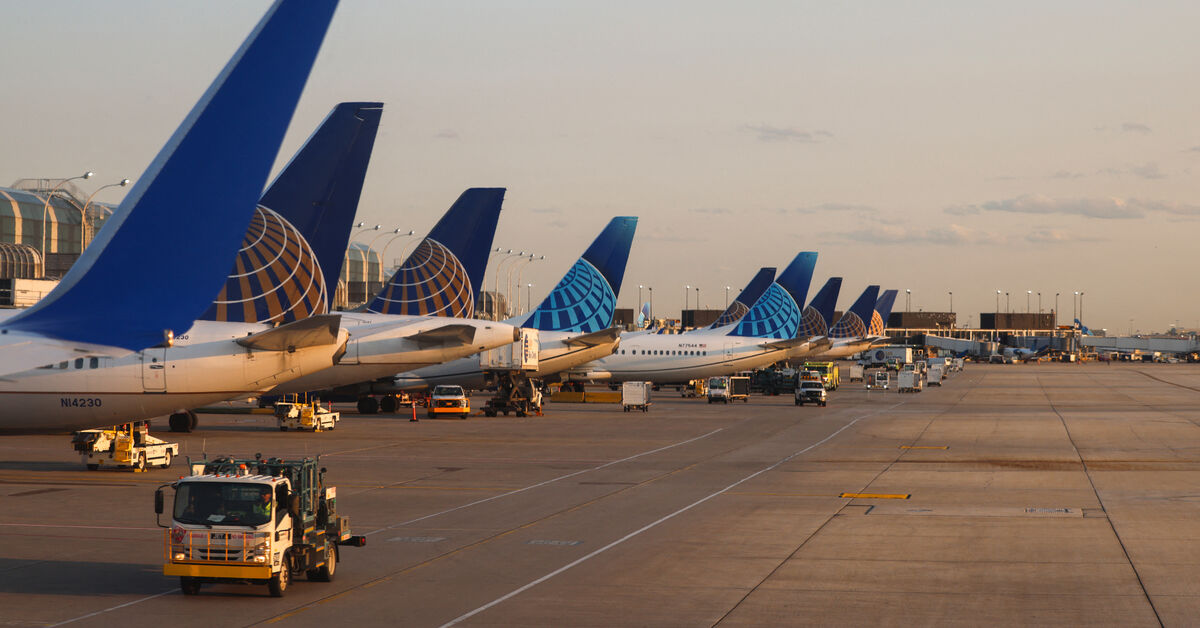Israel’s currency, the shekel, saw its biggest sell-off in two years Wednesday after Hamas chief Ismail Haniyeh was killed in Iran by a suspected Israeli airstrike, triggering investor concerns about a regional war.
Also on Wednesday, Israeli news outlets reported that United Airlines, Delta Airlines and British Airways decided to halt flights to Israel starting on Thursday amid growing fears of Hezbollah and Hamas potential retaliation to Haniyeh’s and Fuad Shukr assassinations.
Delta and British Airways are reportedly canceling their flights until August 2, while United Airlines is expected to cancel its flights until August 6.
Tens of thousands of Israelis are believed to be stranded in the United States.
The Israeli currency fell by 1.2% to 3.7886 to the dollar after Hamas blamed Israel for the strike in the Iranian capital Tehran, Bloomberg reported. The drop took the shekel’s three-day decline to 3.3%, the worst globally only after the recently floated Ethiopian birr. Israel’s 10-year sovereign bond yields rose by six basis points to 4.99%. Bond yields hit a 13-year high of 5.19% on July 2, passing the 5% mark in May for the first time since 2011.
Iranian Supreme Leader Ayatollah Ali Khamenei vowed Wednesday to avenge the killing, which took place hours after Haniyeh met with new Iranian President Masoud Pezeshkian. Haniyeh had been in Tehran to attend the president’s inauguration and meet with senior officials.
“It is difficult to see a scenario where Iran does not respond, given that this was an attack not just on Iranian soil, but targeting a guest of the new president in Tehran itself,” Nick Rees, FX strategist at Monex Europe Ltd, told Bloomberg. “It is hard to see a scenario where the shekel does not continue to trade under pressure, unless and until both sides step back from the brink.”
Hamas, which is backed by Iran, also vowed revenge, fueling fears of a wider regional war.
Haniyeh’s killing came less than a day after an Israeli drone hit the southern suburbs of the Lebanese capital Beirut, killing a senior Hezbollah commander. The Israeli military said that the strike had killed Fuad Shukr, who led the military operations of the group and Hezbollah’s precision missile project.
Since Hamas’ surprise attack on southern Israel on Oct. 7 and the ensuing 10-month war in the Gaza Strip, the fighting has hit Israel’s economy. In November the central bank estimated its cost at around $53 billion through 2025. Bloomberg estimated in May that the war had cost the Israeli economy around 60 billion shekels ($16 billion at the time).
Gaza’s economy has not been spared, either. According to the World Bank, the enclave’s economy shrank more than 80% in the fourth quarter of 2023 due to the conflict.
On Oct. 7, Hamas militants killed nearly 1,200 people in southern Israel and took another 240 captive. Israel’s military response in Gaza has killed around 30,000 Palestinians, many of them women and children, according to local authorities.

